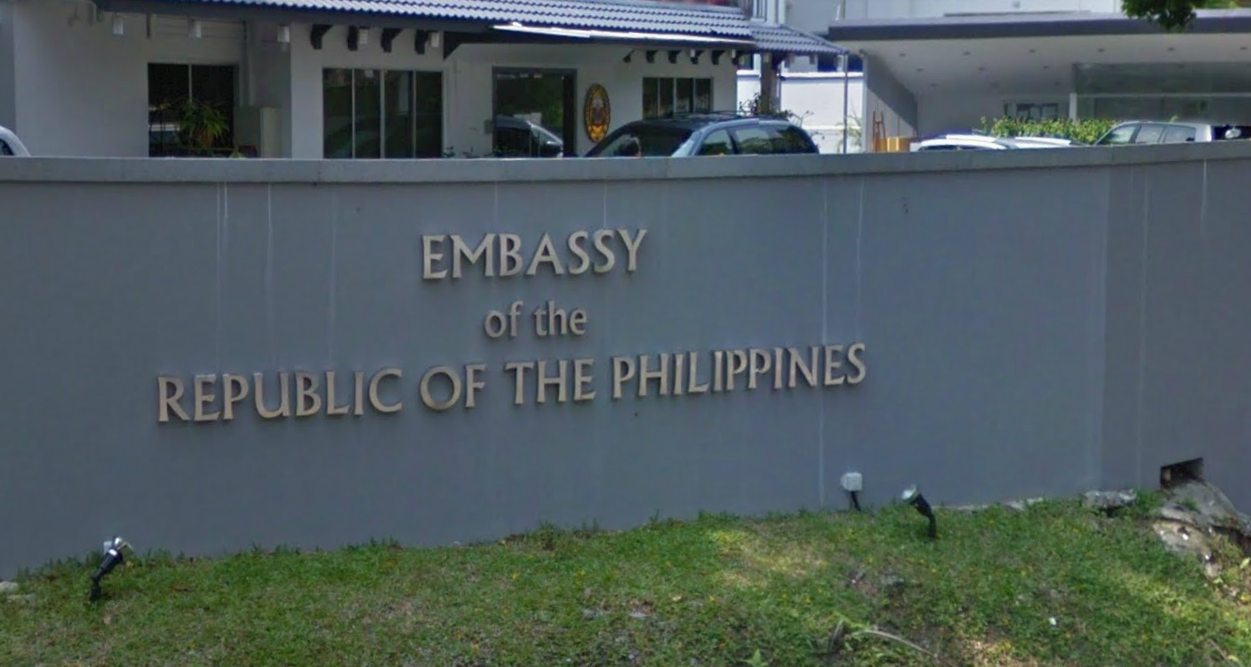~ By Choo Zheng Xi ~
The Attorney-General’s Chambers (AGC) has issued a statement addressing some of the questions I raised in my earlier article this morning. I appreciate the fact the AGC response came on a Sunday morning and that time and effort was put into answering some of the concerns members of the public have been raising.
In my earlier article, I raised several cases where a charge under Section 182 of the Penal Code was used in situations similar to the one Dr Woffles Wu found himself in.
![]()
The AGC’s response is as follows:
“On the facts of this case, as there was no major accident or injury, it was considered appropriate to proceed under Section 81(3) of the Road Traffic Act rather than invoke the general provisions of the Penal Code, such as Section 182.”
This statement suggests that Section 182 cases would generally involve major accidents or injury and that the lack of major accident or injury informed AGC’s decision to proceed with a charge under Section 81(3) of the Road Traffic Act.
This is, however, incorrect.
Section 182 invoked in cases not involving major accident or injury
In the case of PP v Poh Chee Hwee, the accused had given a false statement to the police in order to help his brother avoid prosecution for driving under disqualification. No injury or major accident was involved.
There was also no injury or major accident involved in the 2001 case of Lim Seng Keong v PP and Koh Chee Khoon v PP. As I noted in my previous article, the two offenders pleaded guilty to charges of covering up a traffic offence of driving a motor car without a valid licence. They were sentenced to 1 week’s imprisonment each under Section 182.
Additionally, in the case of Ng Kwee Leong v PP, the offender was convicted of drink-driving and giving false information to the police. At the scene of the accident, the accused gave false information to the police that his sister was the driver of the vehicle. The offender was sentenced to two weeks’ imprisonment on the Section 182 charge. No injury or major accident was involved.
In a case most similar to Woffles, the 2001 case of Tan Jack Saa v PP, the primary offence was speeding, with a charge of providing false information under Section 182. Again, no injury or major accident was involved.
As I noted in my previous article, there were certain aggravating factors that led to the final sentence in Tan Jack Saa’s case being 2 months, but that had nothing to do with the question of why a charge of Section 182 was brought in the first place.
Apart from answering the questions I’ve raised with regards to the nature of the cases brought under Section 182, AGC would do well to take this opportunity to explain, with specific reference to Dr Wu, the reasons why it chose to proceed with a Section 81 (3) charge under the Road Traffic Act.
In particular, was the original charge brought under Section 182 and subsequently reduced by way of plea bargain to Section 81 (3)? If so, what factors influenced this decision?
Minister Shanmugam’s explanation
Yesterday Minister for Law and Foreign Affairs Mr K Shanmugam briefly set out his answers to the following questions:
“Firstly, why Dr Wu was charged under section 81(3) of the Road Traffic Act; secondly why abetment; thirdly why he was given a fine; and lastly why there was a lapse of six years before Dr Wu was taken to task.”
As the full context of his answers have been provided in the mainstream press, as well as the link above, I will not reprise them here.
However, it is important to note his explanation that the decision to charge was made by AGC which is independent of the Ministry.
The information Minister Shanmugam provided was thus a timely effort to put as much information as possible out in the public domain in response to questions that were being asked.
As I set out in my original article on this saga, it is important to direct our questions to the right public bodies if we want satisfactory answers.
The remaining questions as set out in my article this morning as well as in this piece remain for AGC alone to answer. I am hopeful that those answers will be forthcoming.
Zheng Xi is a Consultant Editor of TOC and a lawyer in private practice, but nothing in this article is to be taken as or relied upon as legal advice.
*Author’s note: A few readers have written to me requesting that a further question be put to AGC and the Police.
The question is as follows: Who was the registered owner of the vehicle? If it was Dr Wu, wouldn’t Dr Wu then be asked to provide the details of the driver? If so, Dr Wu should have been the primary offender for providing the false information (as opposed to the abettor).





